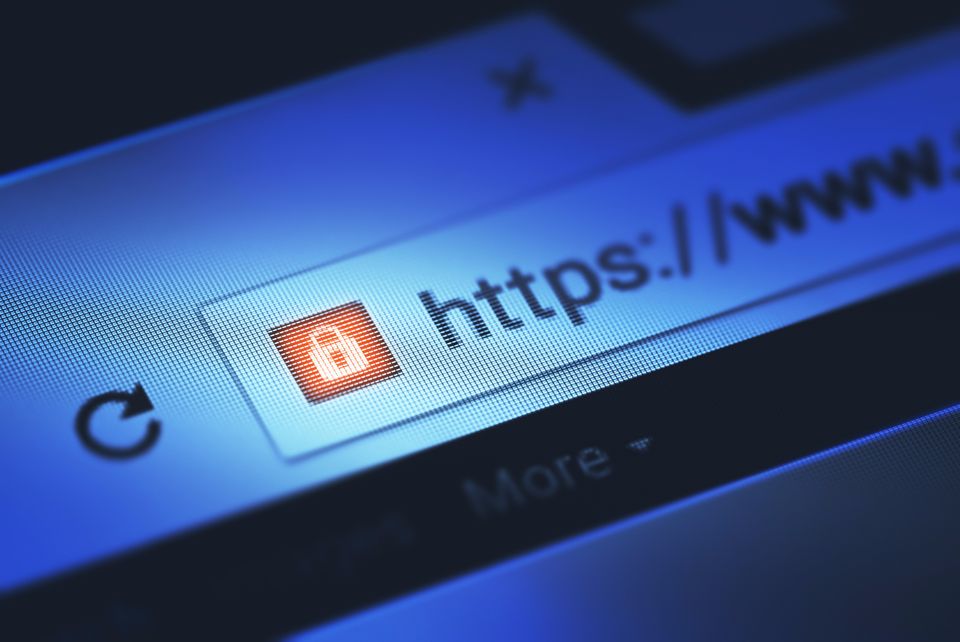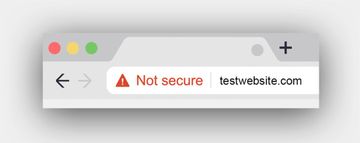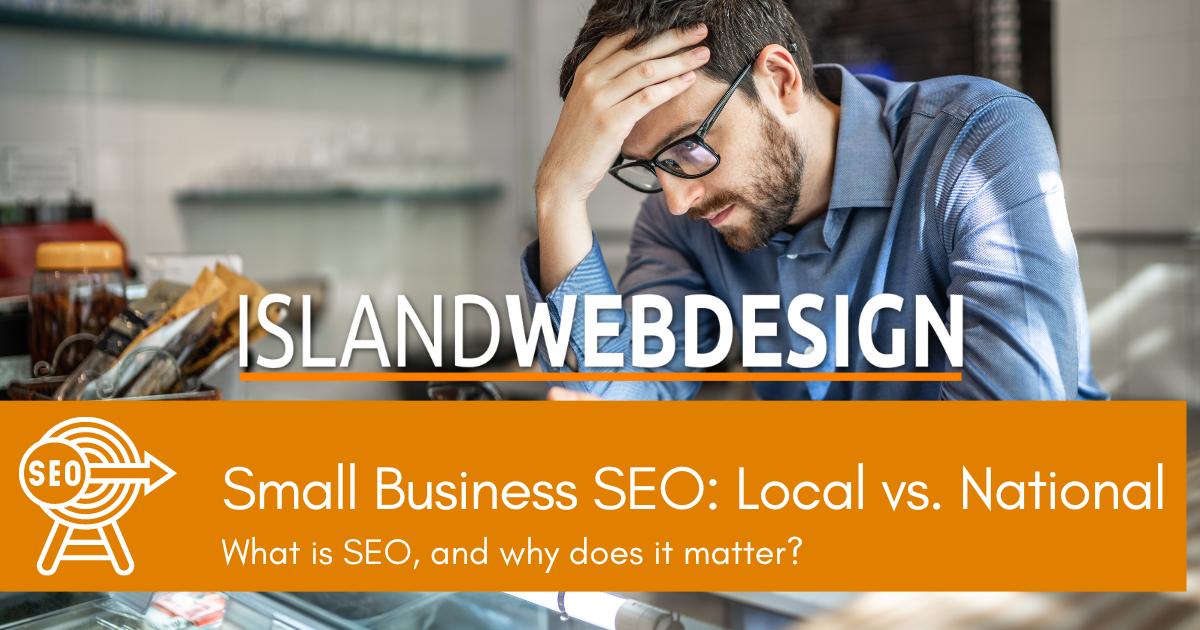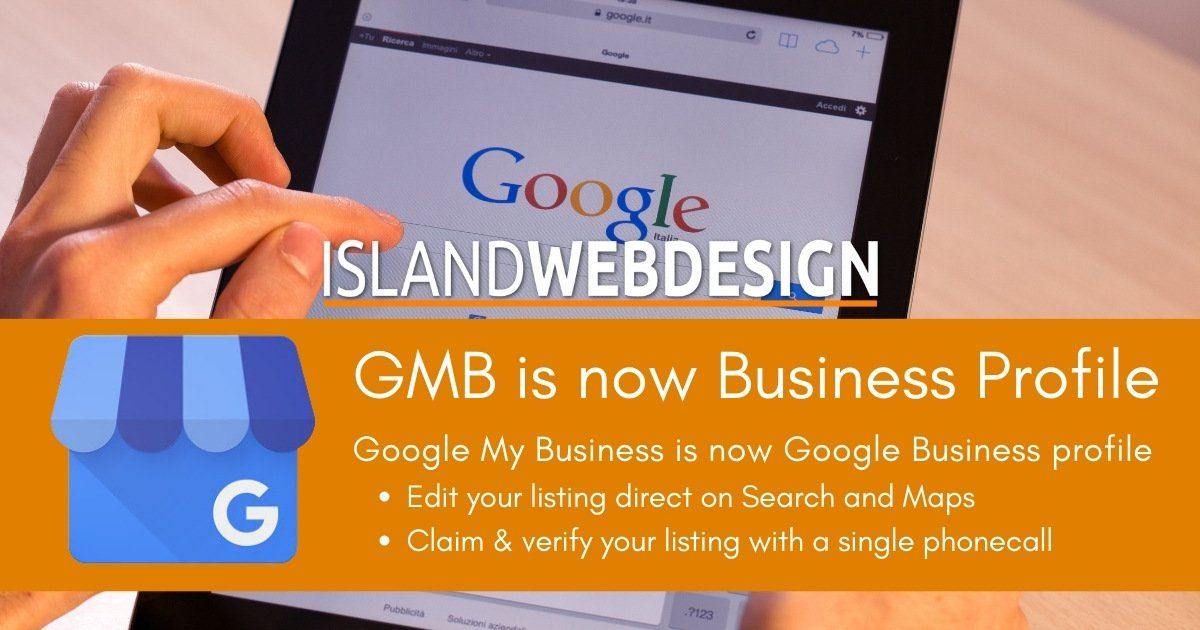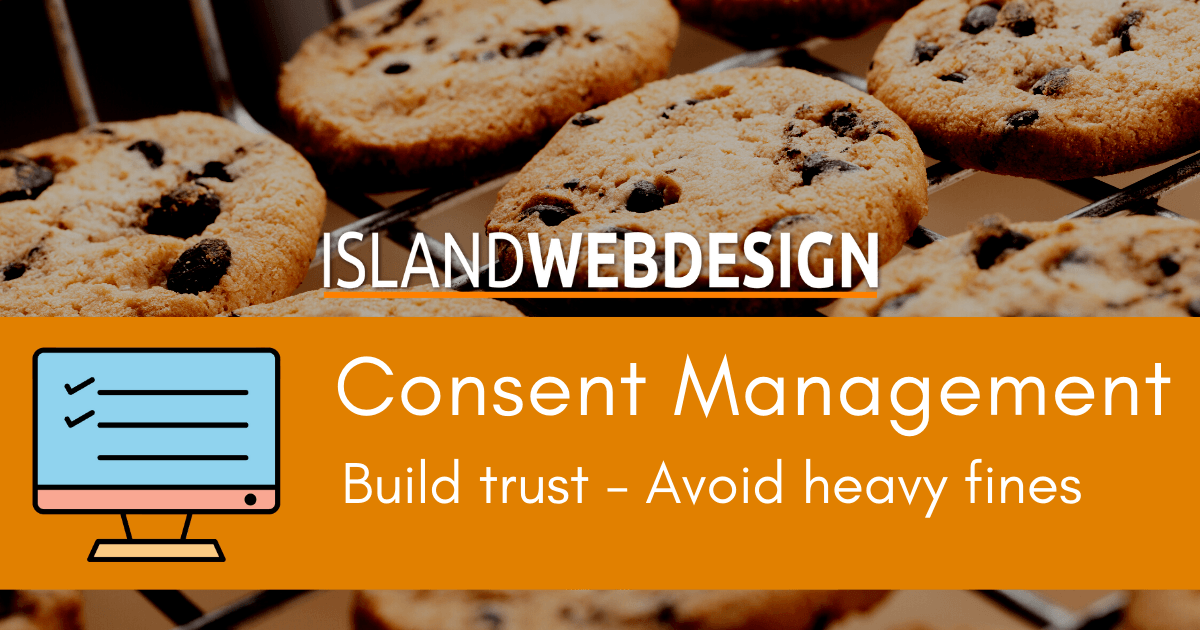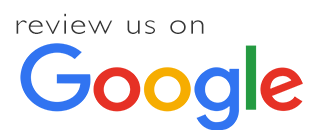
Why you need to encrypt your site
Stay with me, this is not as boring as you think!(This is an update of a post originally published in November 2017)
Right everyone, a little lesson on improving your presence on the web for those people Google-searching for your site. Note: this is not as boring as it may first seem so try and stay with me!
Have you ever noticed that some URLs start with “http://” while others start with “https://”? Perhaps you noticed that extra “s” when you were browsing websites that require giving over sensitive information, like when you were paying bills online.
To put it simply, the extra “s” means ...your connection to that website is encrypted so hackers can’t intercept any of your data.
In August of 2014, Google announced that it had started using HTTPS as a signal in their ranking algorithms. This means that if your website still relies on standard HTTP, your rankings could suffer as a result.
In 2015, HTTPS remained a “lightweight” signal, affecting fewer than 1% of global queries (according to Google). It wasn’t time to freak out just yet.
But in September 2016, Google announced that Chrome will flag HTTP pages as potentially unsafe starting in January 2017. This was part of a long-term plan to mark all HTTP sites as non-secure. Well, that time came in 2018. After months of reminders, in July of that year Google started marking items not running valid TLS certificates as 'non-secure' in their Chrome browser.
So if you haven’t thought about encrypting your site, now’s the time to get moving. I am still surprised on a daily basis how many sites are still un-secured. Please check your site imediately because Google is making some major changes this year.
According to Google, Chrome 79, which will be released to the 'stable channel' in December 2019, will come with an option for users to unblock insecure resources, like i-frames and scripts, which are currently blocked by default. The unblocking of such mixed content will be available on a per-site basis.
In January 2020, Google will release Chrome 80 which will mark even HTTPS pages with mixed content as Not Secure. It will also auto-upgrade mixed audio and video resources to HTTPS, and resources that fail to load over HTTPS will be blocked by the browser. Users will have the option to unblock affected audio and video resources (as in Chrome 79) using the setting described above.
In February 2020, Google Chrome's version 81 will block images outright if they fail to load over https.
Now for the good news. At Island Web Design we will provide you with a standard security certificate absolutely free of charge. All part of the service! And remember, we provide the best value for money website design fees and if budgets are tight, why not take advantage of our monthly subscription payments?
Get in touch for a free, no obligation chat.
More articles



